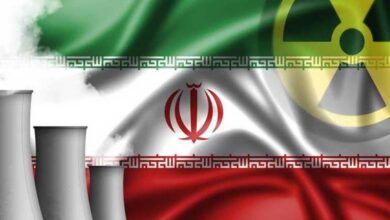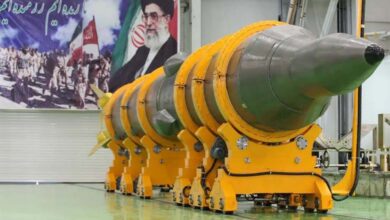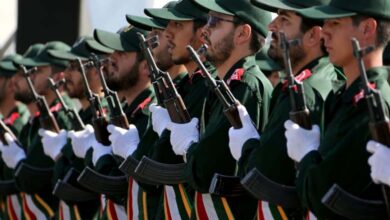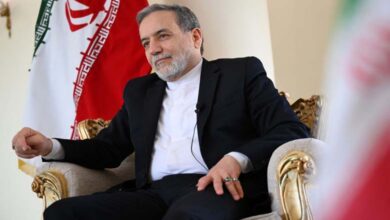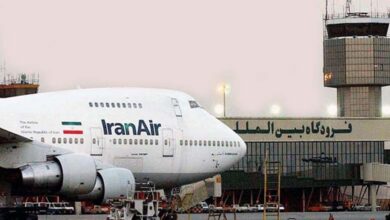Iran Bans Broadcast of “Al-Hashashin” Series – What’s Its Connection to the Muslim Brotherhood?
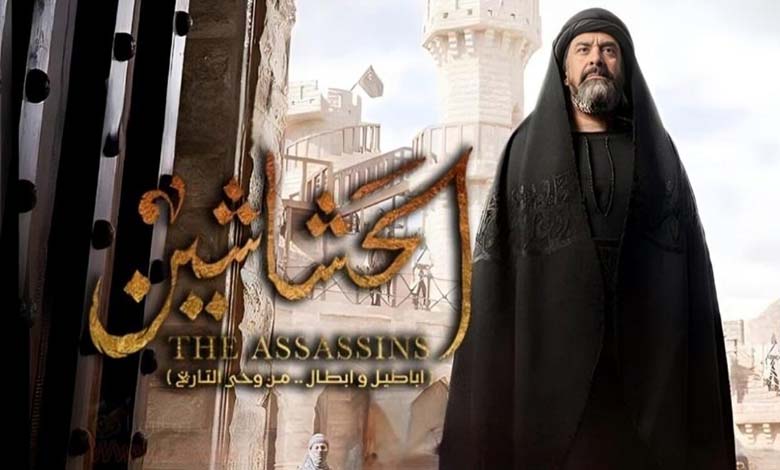
Iran has banned the broadcast of the Egyptian television series “Al-Hashashin,” inspired by the history of a Shia sect from the Middle Ages, condemning it for “historical distortions,” according to official media reports on Sunday. The series included many clear parallels between the ideological approach of the Muslim Brotherhood and the Al Hashashin sect, one of the most secretive movements during the 11th century.
The series is inspired by the story of Hasan bin Sabbah, born in Persia, the founder of the Al Hashashin sect known in the 11th century, whose members were Shia Ismaili Nizari adherents, forming a small Muslim minority.
What unites the Muslim Brotherhood and the Al Hashashin is their persuasion of people that killing and shedding blood are religious objectives and legitimate acts, not only acceptable but also pleasing to God.
However, Iran has decided to ban its broadcast on “all local platforms,” considering it contains “numerous historical distortions and appears to have been produced with a biased political approach,” according to the Islamic Republic News Agency (IRNA), quoting television official Mehdi Seifi.
The agency considered the series as presenting a “false image of Iranians,” quoting experts as saying that the series seeks to link Iranians to the “origin of terrorism.”
According to IRNA, Mehdi Seifi, the Director-General of the Supervisory Board for Regulating Audio-Visual Media in Cyberspace (SATRA), said, “The narrative of this series from Islamic history includes many distortions, and it seems to have been produced with a biased political approach.”
Without providing further details about the content of this series, he stated, “Therefore, according to SATRA’s decision, the broadcast of the ‘Al-Hashashin‘ series on visual and audio media in Iran has not been approved.”
The “Al-Hashashin” series, consisting of 30 episodes, revolves around Hasan Sabbah and his group, a sect of Shia Ismailis in the 5th lunar century settled in mountain fortresses in northern and western Iran, known for carrying out violent political assassinations.
The events of the series reveal the approach of terrorist and extremist groups since the days of the Hashashin and the similarities in ideas between Hasan Sabbah, the founder of the Hashashin, and Hassan el-Banna, the founder of the Muslim Brotherhood, and the principle of obedience and listening followed by the supporters of the two most dangerous groups in the world, and how the founder of the Hashashin succeeded in convincing his followers of false ideas to justify their crimes, just as Hassan el-Banna did with his followers.
Following the broadcast of the first episode of the series, activists and media affiliated with the Muslim Brotherhood launched a fierce campaign of criticism against the series. Experts believe that this reflects an awareness on the part of Brotherhood members or sympathizers of the similarities between the two groups, as well as their extreme sensitivity to any attempt to expose the exploitation of religion for political purposes.
It is worth noting that the Muslim Brotherhood, following the waning of Turkish support under Erdogan, strengthened its alliance with Iran, granting it a return to the regional scene and giving it a presence in any future political arrangements.



